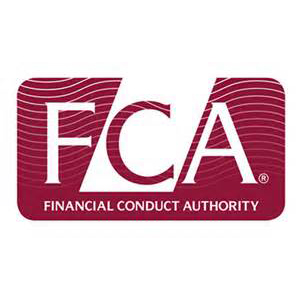 In June 2010 the Chancellor announced changes to the way that financial services will be regulated.
In June 2010 the Chancellor announced changes to the way that financial services will be regulated.
Fast forward to April 2013, The Financial Services Authority has been abolished and the majority of its functions and responsibilities replaced by two successor organisations. The Prudential Regulatory Authority (PRA) which forms part of the Bank of England, and the Financial Conduct Authority (FCA) which will cover firms’ interaction with consumers.
- The Financial Conduct Authority (the FCA) is the UK financial services regulator responsible for regulation of conduct in the selling, management and handling of investments by firms to or for investors, as well as the infrastructure that supports those retail and wholesale financial markets. The FCA has responsibility for all firms which were regulated by the FSA. It is also responsibility for the prudential regulation of firms that do not fall under the PRA’s scope, meaning that smaller firms will only have one regulator.
The FCA’s Handbook is here and looks remarkably similar to the corresponding sections of the FSA’s Handbook
- The Prudential Regulation Authority (the PRA) is a subsidiary of the Bank of England, and is responsible for the prudential regulation of capital-intensive financial institutions including banks, insurers and certain investment firms. The PRA’s purpose is to promote the stable operation of the financial system through regulation of all deposit-taking firms. These firms are dual-regulated because, while the PRA regulates prudential issues, the FCA acts as the conduct regulator.
The PRA Handbook is here and also derives from existing FSA rules.
- The Financial Policy Committee (FPC) is the third body whose role is to oversee industry-wide ‘macro’ issues.
The new regulators, particularly the FCA, have some powers that the FSA lacked. This reflects the increasingly interventionist regulatory approach that has developed in recent years. In particular, it can intervene in market-wide product promotion in order to ban the sale of dubious products. The FCA will therefore adopt a more robust approach to protecting consumers and championing their rights. This new product intervention power will therefore prevent financial scandal early and pre-emptively using a strong, judgement-based regulator, rather than waiting for the outcome of court proceedings as its green light for pan-industry action.
Put simply, this new approach is a precautionary measure to protect investors and to prevent financial meltdown through the use of specialist units.
